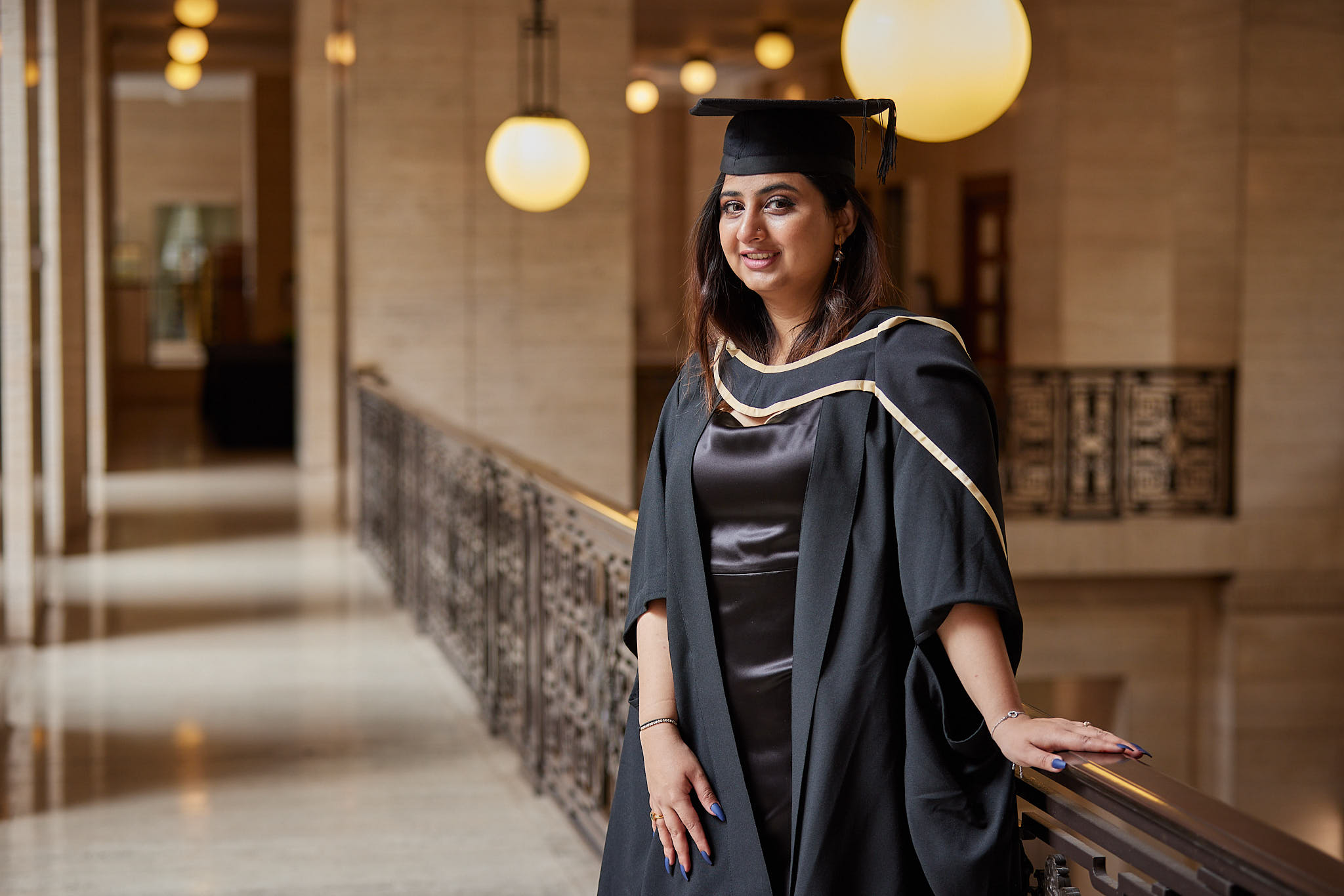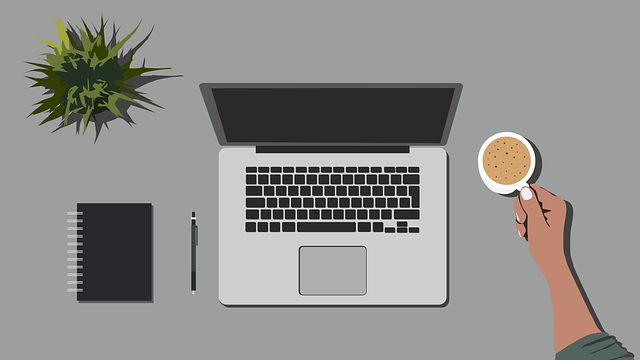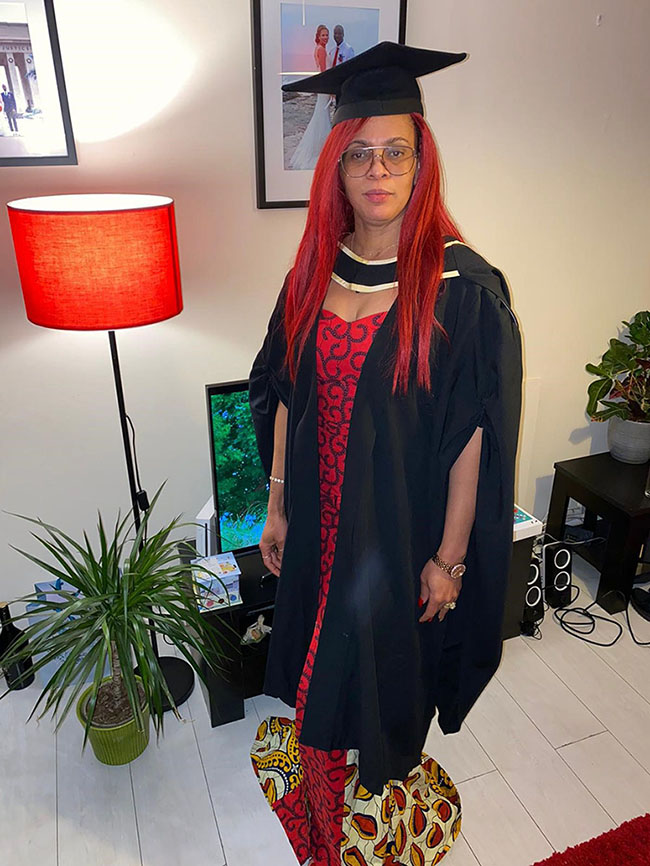Wardah Jadran, an international student from Pakistan, graduated this week with a Master’s in Health and Clinical Psychological Sciences. Here she tells her story.
It’s always been a dream of mine to study abroad in England. I actually received offers from three UK universities, but I chose Birkbeck for its amazing location in Bloomsbury, central London. I was willing to study in London as it felt familiar from movies, and I was keen to visit famous landmarks such as Oxford Street and the British Museum which are a very short walk away from Birkbeck.
I did a BSc Psychology undergraduate degree in Islamabad, Pakistan, but after that I took a different career path into Corporate sales/marketing and later human resources. I secured a number of promotions and worked my way up to manager level and was doing really well, winning awards including employee of the year. But I greatly missed clinical psychology, feeling a sense of emptiness and wanting to pursue my dream of undertaking a degree in England to secure a job working in mental health psychology.
This led me to applying for a MSc Health and Clinical Psychological Sciences degree. When I started I was so happy to be back studying my passion and was very impressed with how helpful Birkbeck staff were with everything, and how excellent the teaching was. I started volunteering at St Pancras Hospital as a Mental Health Assistant and working as a Special Education teacher, counselling and supporting special needs children whilst studying, and commuting for both work and study from South West London which was remarkably easy. The huge difference for me was that for the first time I wasn’t living with my parents anymore. Whilst I found this hard at times, it meant I became much more independent, and my horizons greatly expanded.
I’ve ended up making friends for life at Birkbeck, with people from all over the world of all different ages. Studying with people aged 21 to 42, was beneficial as I learnt how to communicate with everyone, regardless of age. The blend of cultures was so interesting and something which I didn’t get exposure to in Pakistan – I made friends with people all over the globe, including England, South America, China, India and other parts of Europe. I was friends with everyone in my classes – we frequently got snacks or lunch together from the Birkbeck café after the lectures. We also loved trying foods from around the world at the farmer’s market by the university every week. Spending time in spring and summer in Russell Square Gardens, just around the corner from Birkbeck, was also lovely. But what I loved the most was the Birkbeck Library – I used to spend hours and hours in there!
Overall, I just loved my Birkbeck experience. I’m now interviewing for Assistant Psychologist and other related roles in mental health, hoping to specialise in neurocognitive and personality disorders, and I’m excited to begin this new chapter of my life.
Further information



